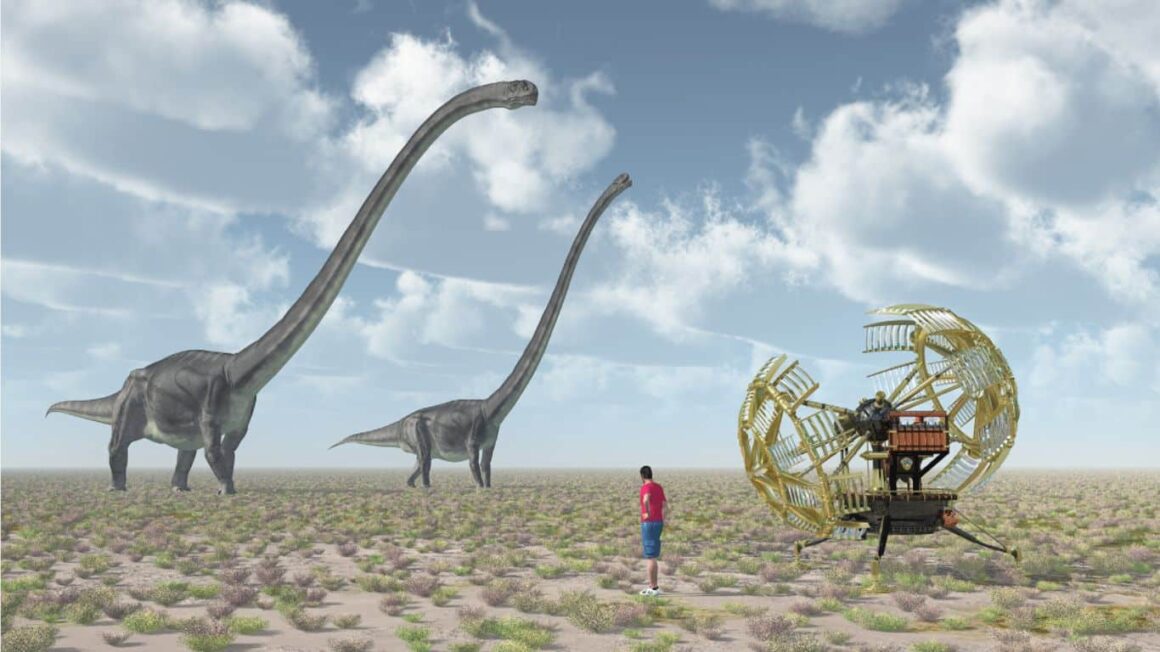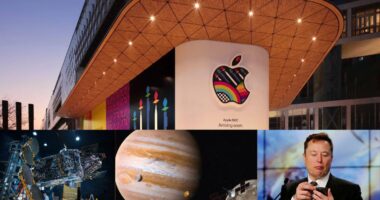Picture this: you hop into your time machine, set the dial to your favorite historical era, and buckle up for the ride of your life. As fantastical as this scenario may seem, recent advancements in theoretical physics are beginning to transform the seemingly impossible concept of time travel into a mind-blowing possibility. But beyond the sheer thrill of the journey, have you ever wondered how hopping through history could revolutionize our understanding of the past? In this exhilarating article, we’ll dive into the wild and wonderful world of time travel, exploring How Time Travel Could Impact Our Understanding of History and what will be it’s consequences.
Embarking on a journey through time opens up endless opportunities for exploration and discovery. Time travel would allow us to witness historical events firsthand, interact with influential figures, and experience cultures long lost to the annals of time. This ability to experience history rather than merely reading about it could have profound implications for our understanding of the past.
Rewriting the Historical Narrative
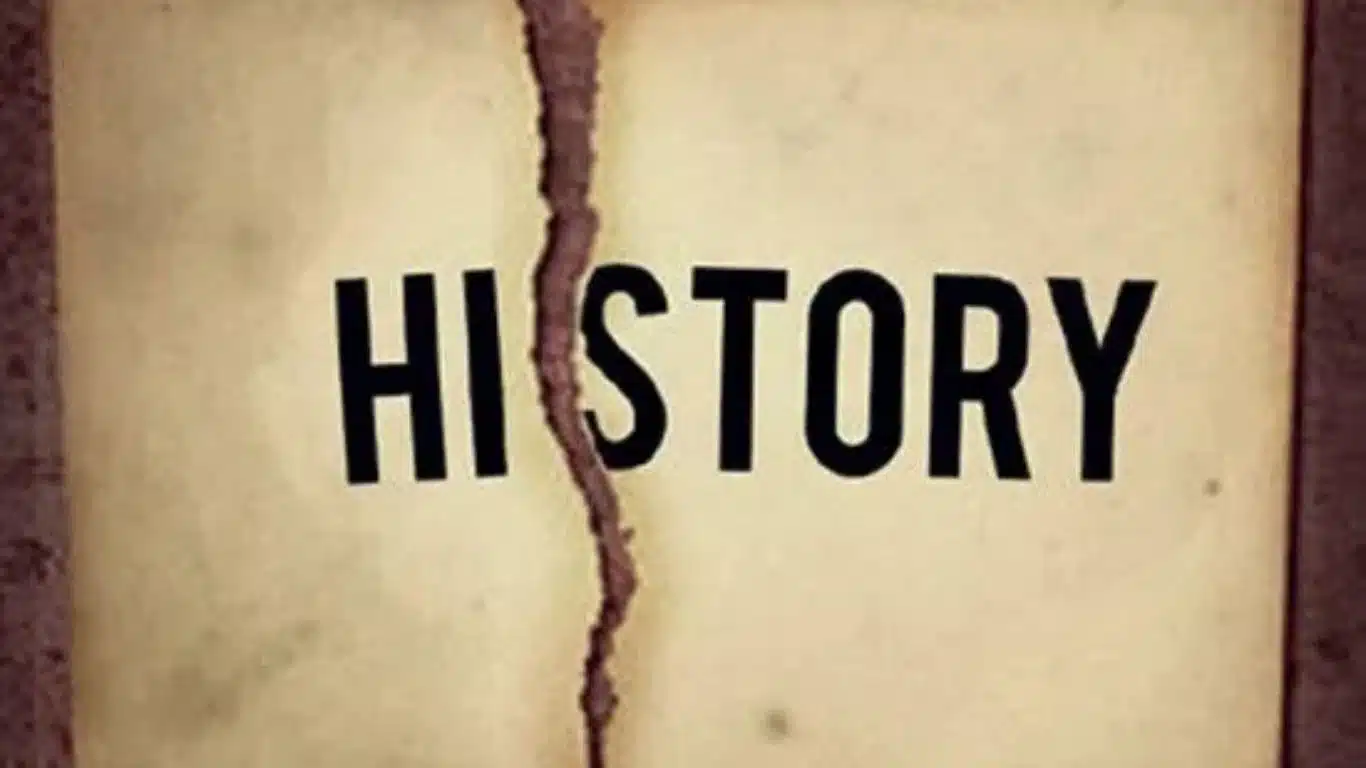
Imagine being able to witness significant moments in history and gain new perspectives on the people and events that shaped our world. Time travel could challenge prevailing historical narratives and shed light on untold Stories. We could verify or debunk long-standing theories, uncover hidden motives, and gain a more nuanced understanding of complex historical events.
For instance, journeying back to ancient civilizations like Egypt or Mesopotamia could provide invaluable insights into their cultural practices, architectural marvels, and societal structures. We could answer age-old questions about the construction of the pyramids, the Mystery behind Stonehenge, or the origins of ancient languages.
Correcting Historical Misconceptions
History, as we know it, is susceptible to biases, misinformation, and misinterpretations. Time travel could serve as a powerful tool to correct historical misconceptions and rectify past inaccuracies. By witnessing events firsthand, we could challenge or confirm existing historical accounts, ensuring a more accurate representation of the past.
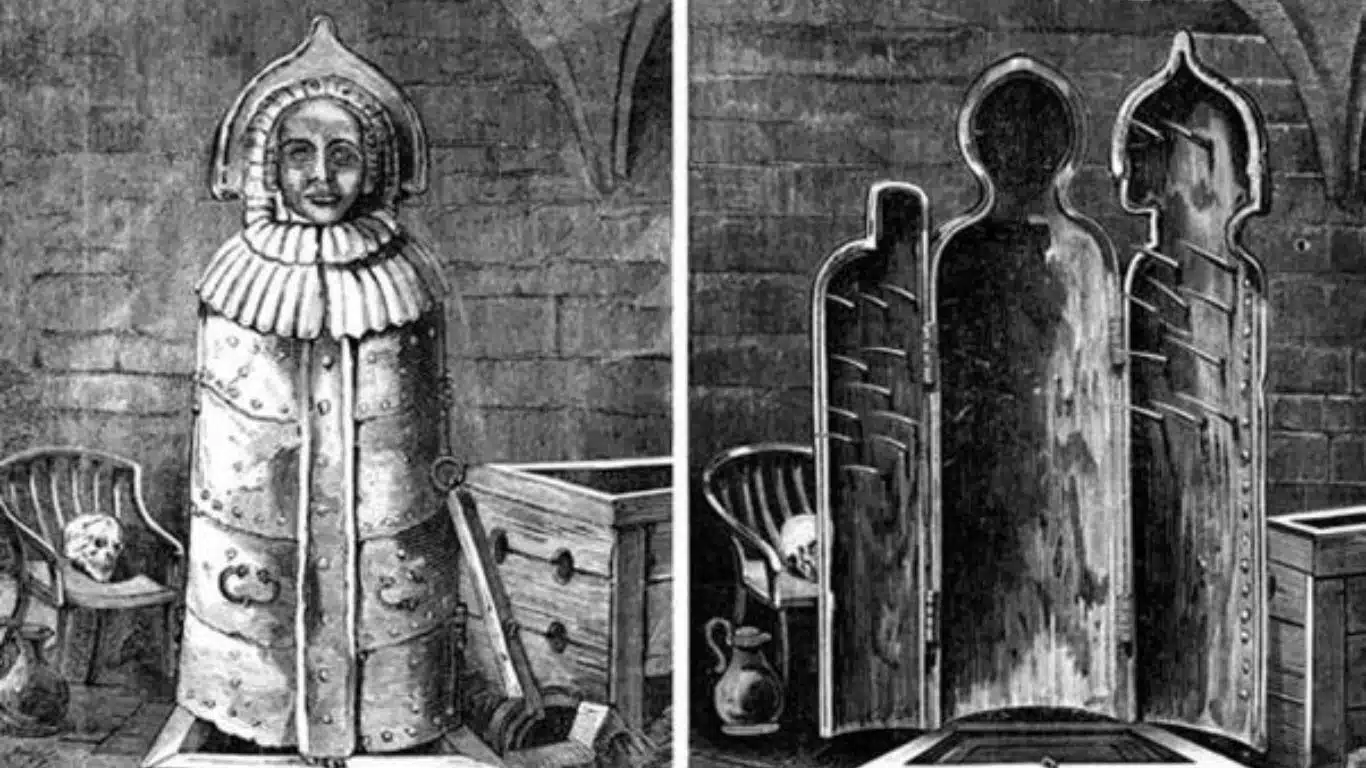
Consider pivotal moments such as the assassination of John F. Kennedy or the sinking of the Titanic. Time travelers could provide precise details, challenge conspiracy theories, or shed light on lesser-known aspects surrounding these events. The ability to uncover the truth would revolutionize our understanding of history.
Unveiling Lost Knowledge and Technology
Throughout history, countless inventions and discoveries have been lost to time. Time travel could grant us access to forgotten knowledge, enabling us to recover lost technologies and unlock untapped potential. Imagine unearthing ancient medical practices, deciphering ancient manuscripts, or understanding the scientific achievements of the past.
For example, exploring the libraries of Alexandria or Nalanda University could lead to the resurrection of lost inventions and ideas, propelling us forward in unimaginable ways. The fusion of historical knowledge with modern advancements could accelerate scientific progress and reshape our future.
Ethical Dilemmas and Consequences
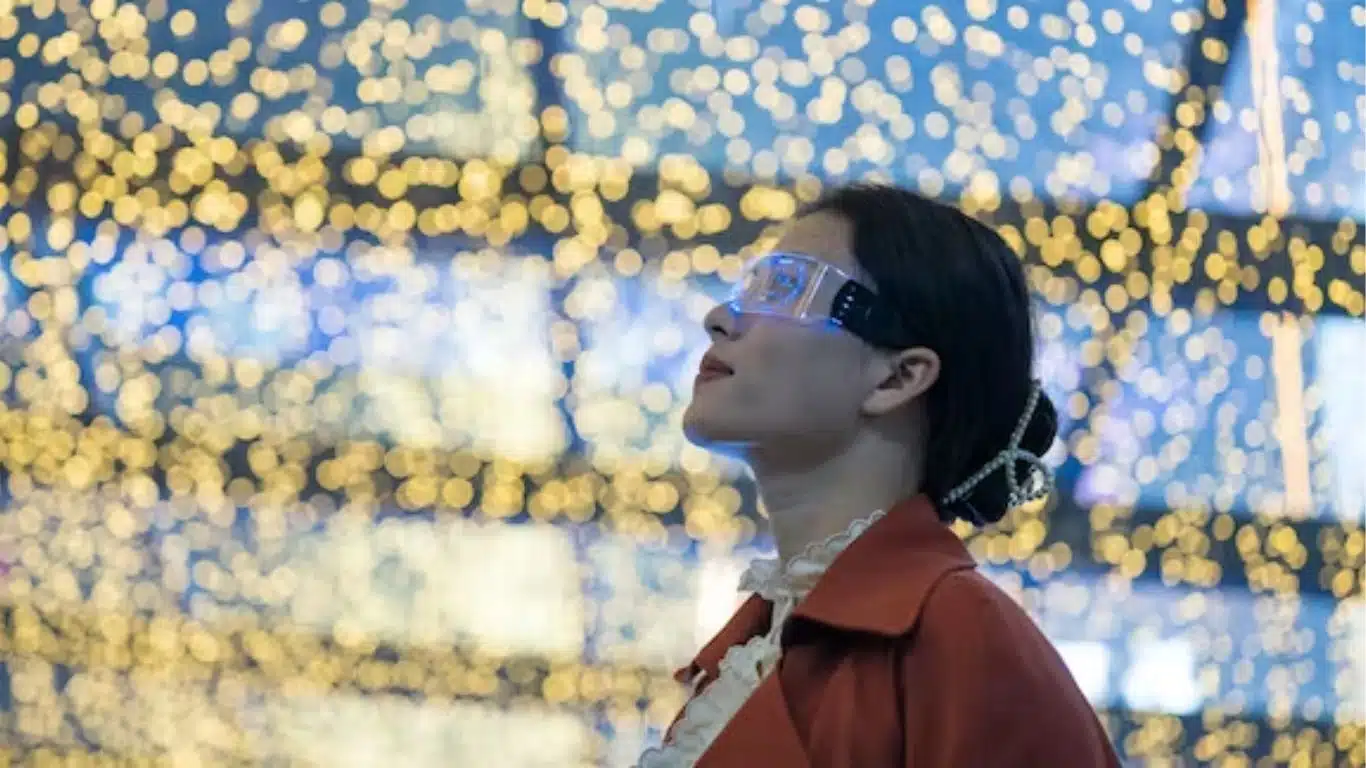
While the prospect of time travel holds incredible promise, it also raises significant ethical dilemmas and potential consequences. Altering the past, even unintentionally, could have far-reaching effects on the present and future. The butterfly effect, where small changes in the past have substantial repercussions, becomes a critical consideration.
Additionally, the question of who controls time travel and the potential misuse of such technology cannot be ignored. Governments, organizations, or individuals with the ability to manipulate history could reshape our understanding of the world, exert control, or even rewrite the past to suit their agenda.
The Paradoxes of Time Travel
No discussion on time travel would be complete without touching upon the fascinating paradoxes that arise from its very concept. The grandfather paradox, the bootstrap paradox, and the causality loop are just a few examples of the mind-boggling conundrums that time travel presents.
The grandfather paradox, for instance, raises the question of what would happen if one were to travel back in time and prevent their own grandparents from meeting. This would create a paradoxical situation where the time traveler’s existence would be negated, thereby preventing them from going back in time in the first place. Such paradoxes challenge the fundamental principles of cause and effect, leaving us pondering the intricacies of time travel.
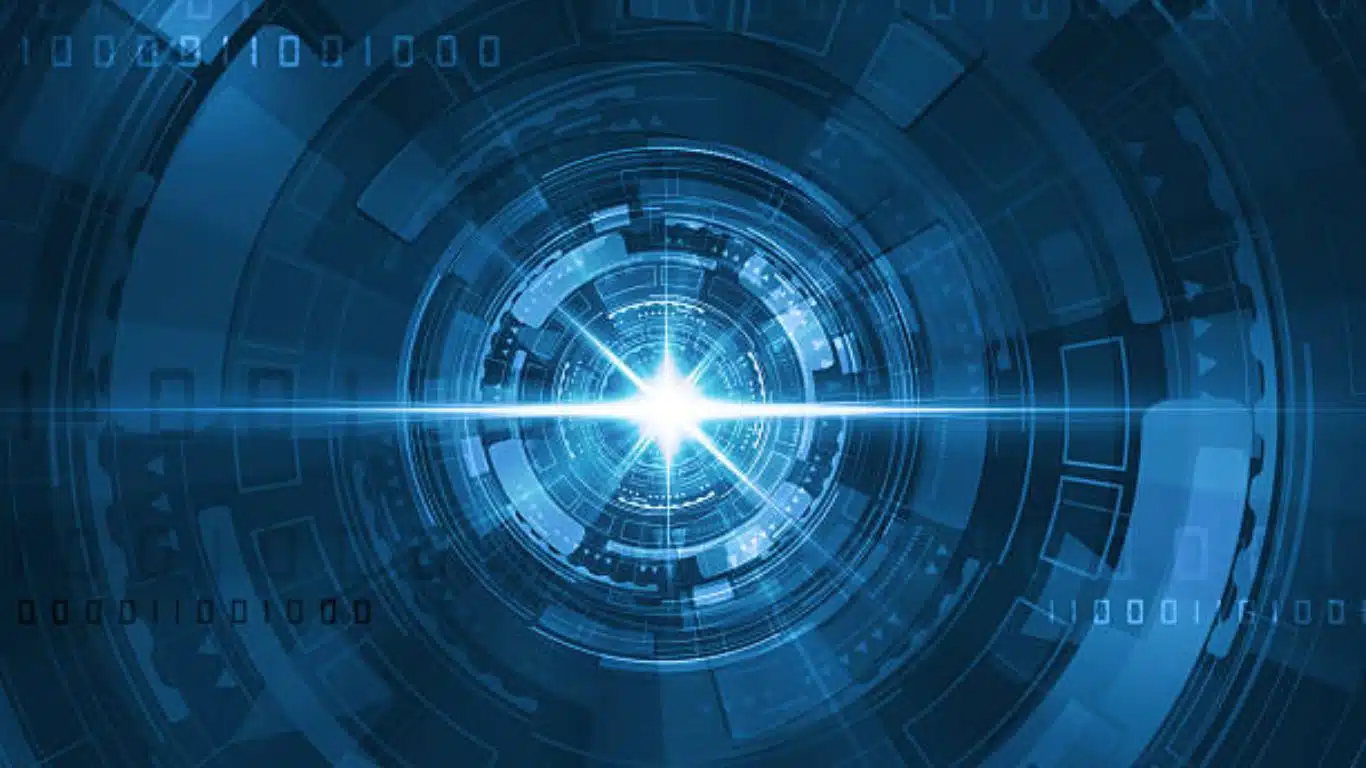
Furthermore, the bootstrap paradox introduces the idea of information or objects that exist without origin. Imagine a scenario where an aspiring musician travels back in time and shares a famous melody with a renowned composer. The composer then takes credit for the composition, and the melody becomes a timeless classic. In this paradox, the origin of the melody is unclear. It raises the question of whether it was ever composed by anyone at all or if it has always existed in a loop of causality.
These paradoxes not only captivate our imaginations but also highlight the complex nature of time itself. Time travel challenges our understanding of cause and effect, and its potential consequences on history are nothing short of mind-bending.
Preserving the Integrity of History
As we venture further into the realm of time travel, it becomes crucial to address how we can preserve the integrity of history while indulging in the exhilaration of exploring the past. Establishing guidelines, ethical frameworks, and responsible practices would be imperative to maintain historical accuracy and avoid altering the course of events unintentionally.
Collaboration between historians, scientists, and policymakers would be necessary to develop protocols for time travel research and ensure that any interference in the past is done with careful consideration. Transparency and accountability should be key pillars in this endeavor, guaranteeing that historical accuracy remains paramount.
The Ripple Effect: Future Implications

The impact of time travel extends beyond our understanding of the past. Exploring history through this extraordinary lens could shape our present and influence our future. The knowledge gained from experiencing different time periods firsthand could inspire innovative ideas, challenge societal norms, and foster a greater appreciation for the fragility of our world.
Moreover, time travel could instill a sense of humility and interconnectedness among humanity. Witnessing the triumphs, struggles, and diverse cultures throughout history could encourage empathy, tolerance, and a deeper understanding of our shared humanity.
The Unanswered Questions
Despite the exciting possibilities and theoretical advancements, time travel remains a concept shrouded in mystery. The practicality, technical feasibility, and scientific principles behind it are yet to be fully realized. Many questions persist, such as the energy requirements, the existence of parallel timelines, and the limitations imposed by the laws of physics.
A Journey of Discovery
While the prospect of time travel may still lie in the realm of science fiction, its potential impact on our understanding of history is undeniable. From rewriting narratives to correcting misconceptions and unearthing lost knowledge, time travel holds the key to unlocking countless mysteries of the past.
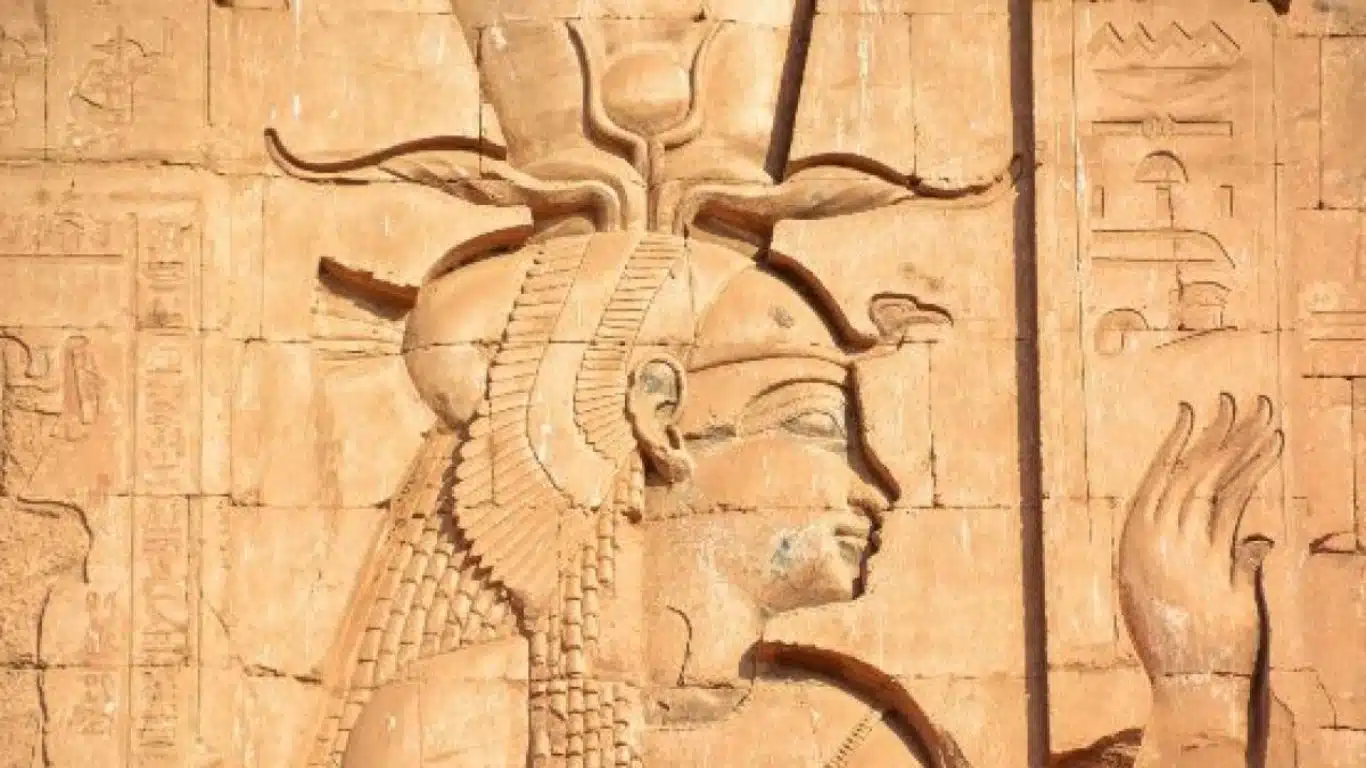
However, with great power comes great responsibility. Ethical considerations, potential consequences, and the preservation of historical integrity should guide our approach to time travel research. By treading carefully and ensuring that the pursuit of knowledge is coupled with wisdom, we may one day unlock the secrets of time and embark on an unparalleled journey of discovery.
So, until the day comes when we can hop into our time machines, let us continue to explore history through the lens of our present and appreciate the wonders it holds. Who knows what exciting revelations the future may bring?
Also Read: What if Humans are an AI Developed by Aliens?

